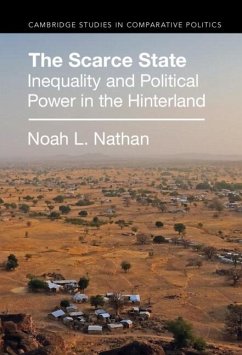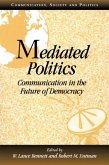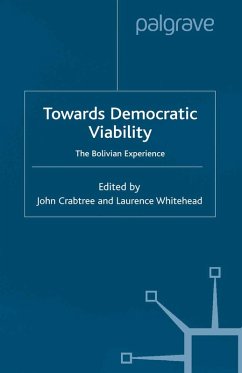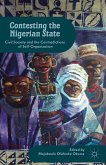States are often minimally present in the rural periphery. Yet a limited presence does not mean a limited impact. Isolated state actions in regions where the state is otherwise scarce can have outsize, long-lasting effects on society. The Scarce State reframes our understanding of the political economy of hinterlands through a multi-method study of Northern Ghana alongside shadow cases from other world regions. Drawing on a historical natural experiment, the book shows how the contemporary economic and political elite emerged in Ghana's hinterland, linking interventions by an ostensibly weak state to new socio-economic inequality and grassroots efforts to reimagine traditional institutions. The book demonstrates how these state-generated societal changes reshaped access to political power, producing dynastic politics, clientelism, and violence. The Scarce State challenges common claims about state-building and state weakness, provides new evidence on the historical origins of inequality, and reconsiders the mechanisms linking historical institutions to contemporary politics.
Dieser Download kann aus rechtlichen Gründen nur mit Rechnungsadresse in A, B, BG, CY, CZ, D, DK, EW, E, FIN, F, GR, HR, H, IRL, I, LT, L, LR, M, NL, PL, P, R, S, SLO, SK ausgeliefert werden.









